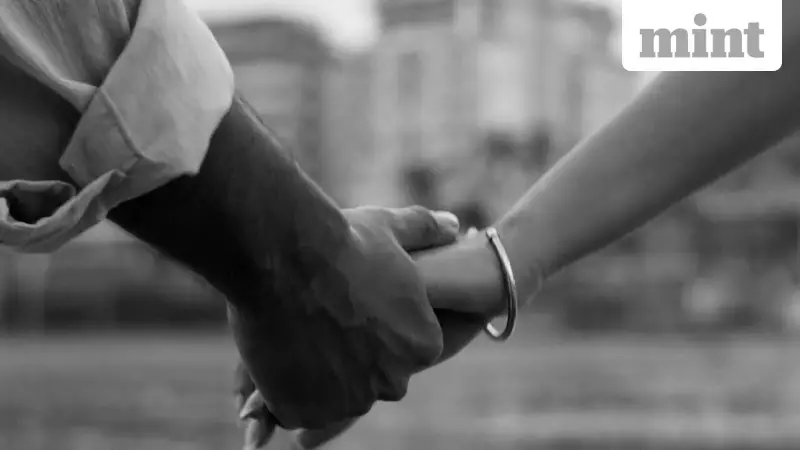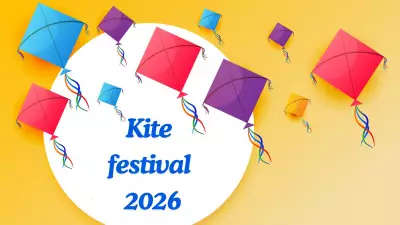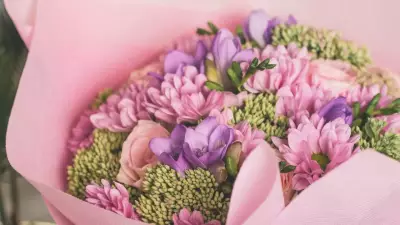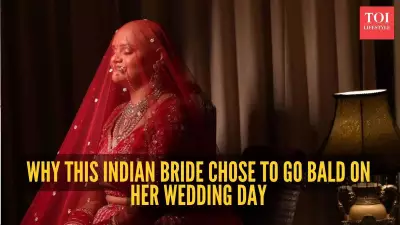
The Dating App Disillusionment Among Young Indians
Speak with any single person in their 20s or 30s across India today, and you'll likely notice an immediate negative reaction at the mere mention of dating applications. Social media platforms are flooded with dedicated pages sharing 'Tinder Nightmares,' highlighting the frustrating experiences users encounter.
Men frequently express frustration about the significantly unbalanced gender ratios on these platforms, while women consistently report encountering the same disappointing 'situationships' repeatedly every few months. This growing dissatisfaction has led to a noticeable decline in interest toward traditional dating apps, with younger generations, particularly Gen Z, increasingly turning to alternative platforms like Instagram and TikTok, as well as offline events, in their search for meaningful connections.
How Dating Giants Are Responding to the Crisis
Facing this significant trust deficit, dating app companies are implementing strategies to rebuild user confidence. In the Indian market, two major players—Bumble and Tinder—have adopted completely different approaches to address the same fundamental problem.
Bumble has launched an emotionally resonant campaign presented entirely in black-and-white, featuring genuine couples holding hands and sharing intimate, joyful moments. The visual narrative is accompanied by the Hindi song 'Tum mere ho' performed by independent artist Bombay The Artist. This one-minute promotional video forms part of a broader initiative that celebrates authentic love stories of real Indian couples who initially connected through the Bumble platform.
Tinder has chosen a more lighthearted strategy with their 'Dating Scaries' series, which incorporates iconic villains from popular Hindi films and television shows of the 1990s and 2000s. Each short episode focuses on addressing problematic dating behaviors—including ghosting, gaslighting, and leading people on—that contribute to negative online dating experiences. The campaign creatively uses legendary villain characters portrayed by actors such as Urvashi Dholakia's vamp, Dalip Tahil's evil father figure, and Rajat Bedi's creepy college friend to humorously demonstrate what not to do while encouraging users to resist their worst dating instincts.
The Global Context Behind These Campaigns
These marketing initiatives reflect a deeper crisis affecting dating applications worldwide. Bumble's stock value has dramatically decreased to just $3 per share since the company's initial public offering on Nasdaq in February 2021. The Match Group, which owns both Tinder and Hinge, is performing somewhat better, with stocks increasing by 3.3% over the past year. However, the company's current market capitalization remains less than one-third of its 2020 value when it separated from its previous parent organization.
The Ultimate Question for Indian Daters
Despite their contrasting approaches, both campaigns ultimately convey the same fundamental message—that genuine love and meaningful connections can indeed be found through dating applications. The critical question facing Indian users is: which approach proves more convincing? Will users respond better to inspirational stories of successful relationships formed online, or does the assurance that people on the platform will avoid the most common heart-breaking dating habits hold greater appeal?
The answer to this question may determine the future trajectory of online dating culture throughout India as applications compete to regain the trust of a increasingly skeptical generation of singles.





